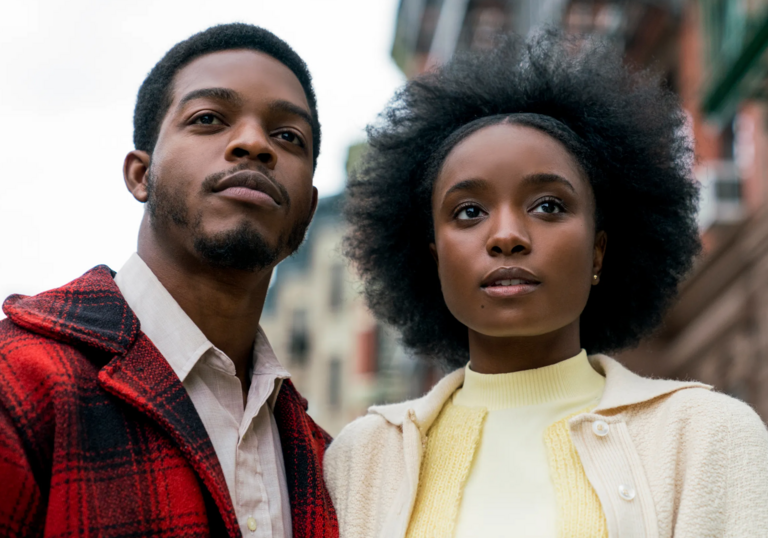
Booking fees
£1.50 booking fee per online/phone transaction.
No fee when tickets are booked in person.
Booking fees are per transaction and not per ticket. If your booking contains several events the highest booking fee will apply. The booking fee may be reduced on certain events. Members do not pay booking fees.
This project is part of the ‘James Baldwin and Britain’ project (2024-2027), led by Douglas Field, Kennetta Hammond Perry and Rob Waters, with thanks for the generous support by the Arts and Humanities Research Council.
The film programme is curated by Dr Clive Chijioke Nwonka.
Biographies
Dr Kesewa John is a Lecturer in Black British History at Goldsmiths, University of London where she is convenor of the MA Black British History, and co-coordinates History on Film, a series of free monthly film screenings run by the history department at Goldsmiths exploring history, historic moments and how they’re represented in cinema in vibrant post-film discussions with guest panelists and attendees in conversation together. Every other month the History on Film screening is Black history themed. Kesewa John is a historian focused on the overlaps between Black radicalism, intellectual history, and gender. Her teaching and research explores liberation movements, and are attentive to transatlantic, multilingual linkages between Afro-Caribbean activists and the evolution and circulation of Black radical thought.
Danielle Manson is a barrister at Matrix Chambers where she practises primarily in serious crime, protest law and inquests and inquiries. She has appeared in cases of murder, attempted murder, rape, serious violence, fraud, the sale and supply of drugs and firearms offences as well regularly appearing in the Court of Appeal of England and Wales. She has particular expertise in representing children and young people and previously sat on JUSTICE’s racial disparity in the Youth Justice system working party.
Danielle also has experience of Public Inquiries, having previously worked on the Undercover Policing Inquiry and the Covid Inquiry, as well as representing bereaved families at inquests into the death of an individual at the hands of the state.
In addition, Danielle is a member of the Art Not Evidence coalition and is currently working on a campaign for legislative reform that would preclude creative forms of expression (such as song lyrics) being admissible as evidence in criminal proceedings.
Give a year of art, music, film and theatre
They'll enjoy free entry to all exhibitions, discounts, no booking fees, priority booking, Members' events, our Members' Lounge and more (T&Cs apply)
Cinema 2
Location
Barbican Cinema 1 is located within the main Barbican building on Level -2. Head to Level G and walk towards the Lakeside Terrace where you’ll find stairs and lifts to take you down to the venue floor.
Address
Barbican Centre
Silk Street, London
EC2Y 8DS
Public transport
The Barbican is widely accessible by bus, tube, train and by foot or bicycle. Plan your journey and find more route information in ‘Your Visit’ or book your car parking space in advance.





